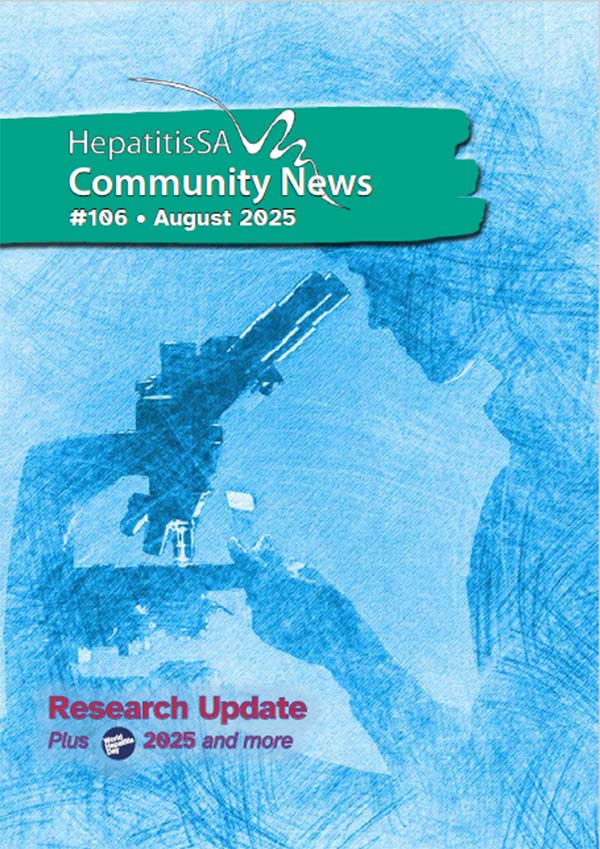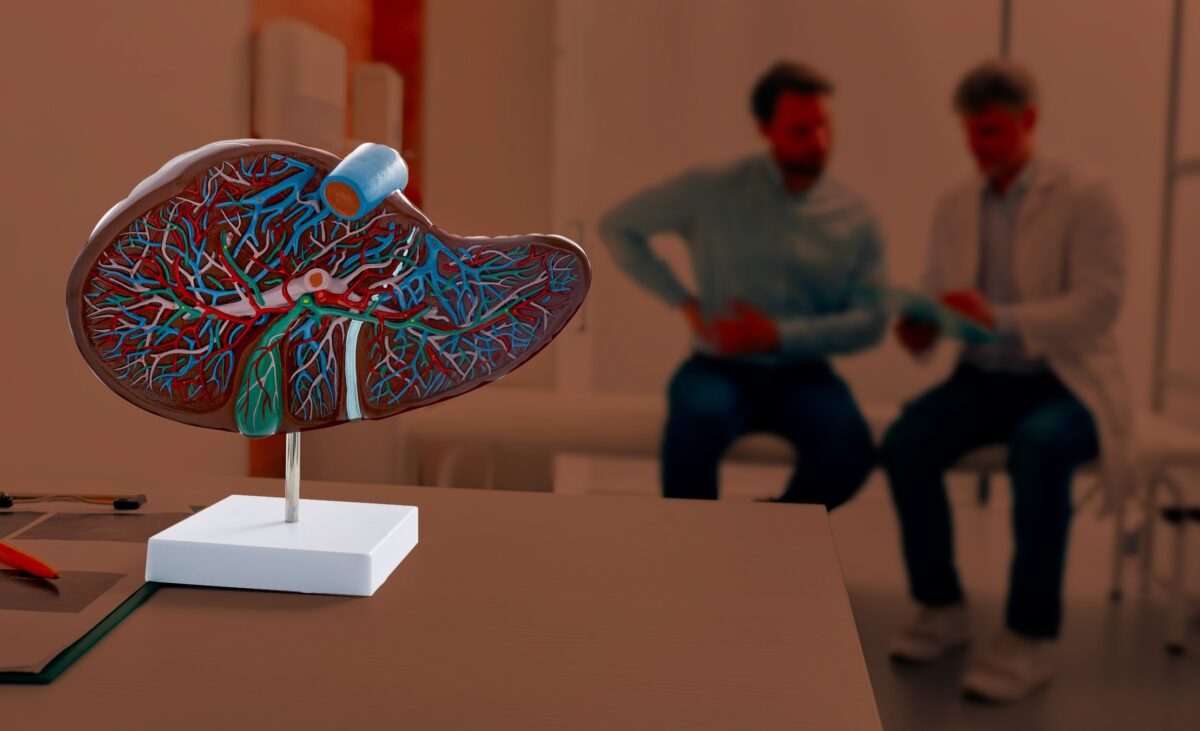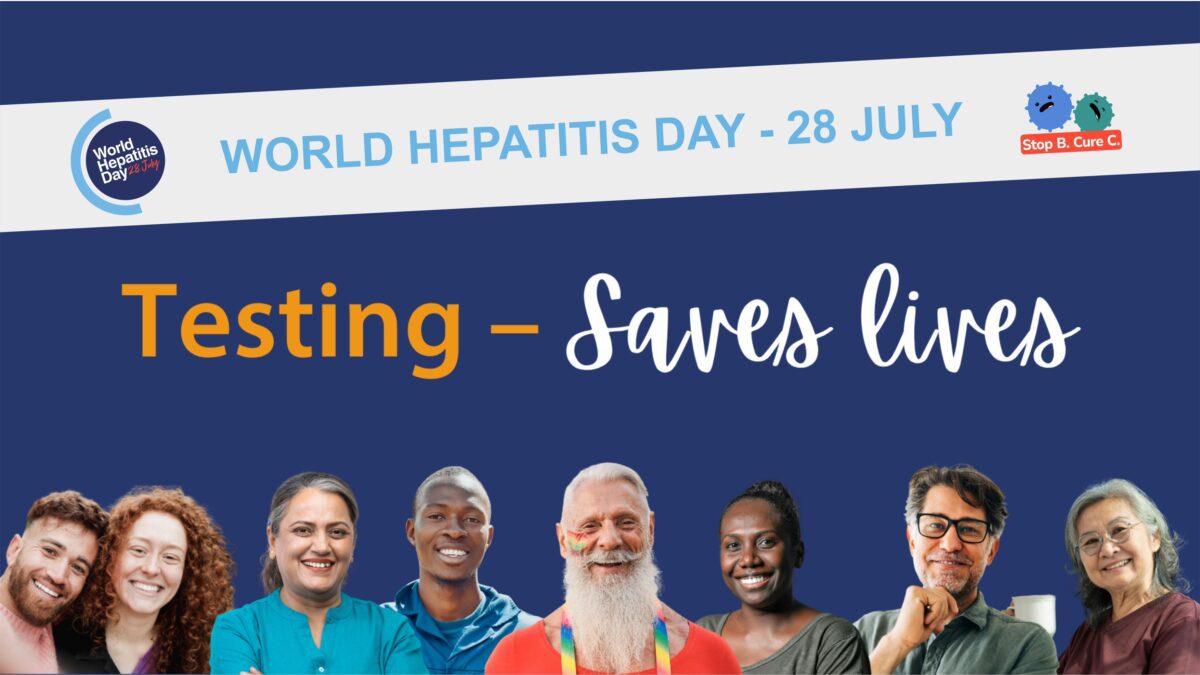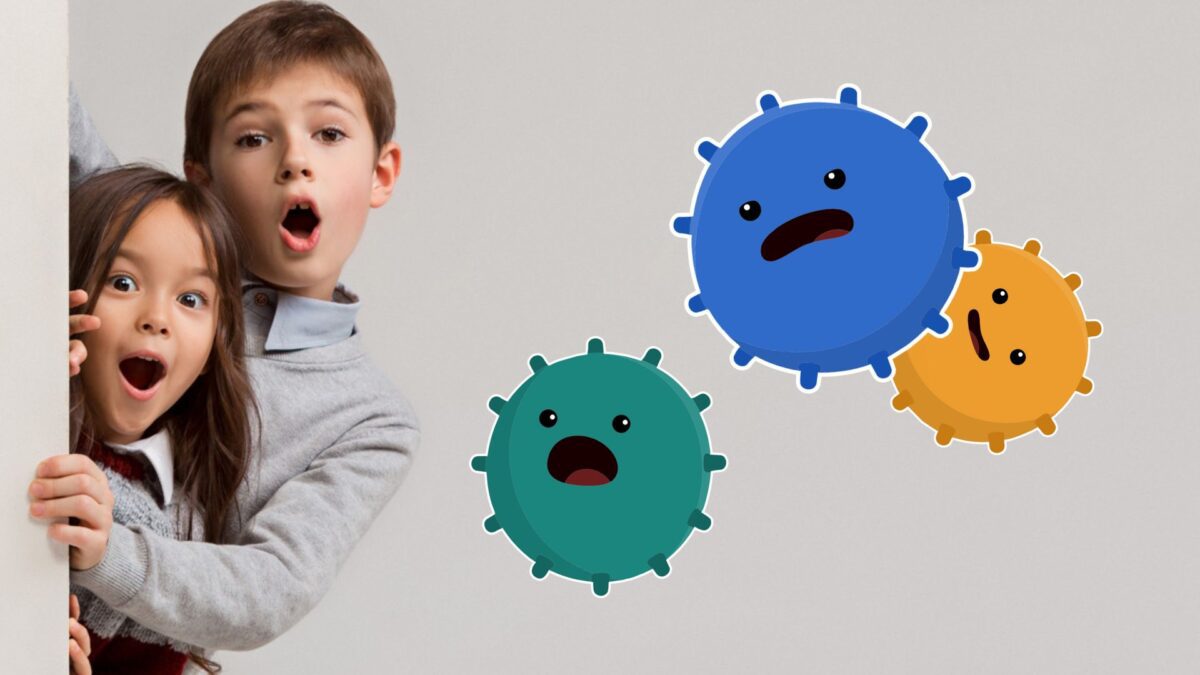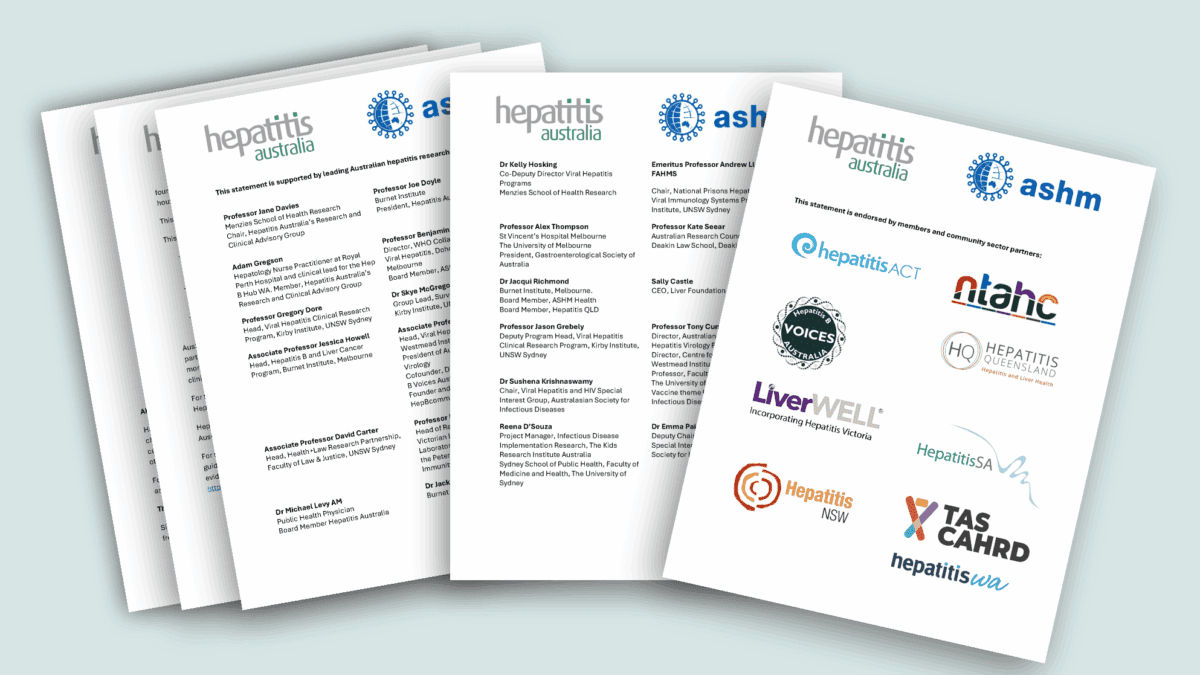A study recently published by a gastroenterology research team in India, has identified a new ”phobia’ in people who have been cured of hepatitis C – the fear of reinfection. The study headed by Dr Parveen Malhotra, was run at the Department of Medical Gastroenterology, in the Post Graduate Institute of Medical Sciences (PGIMS), Rohtak.
Using direct-acting antivirals, more than 95 per cent of people with hepatitis C can now be cured quickly and simply. Many people, however, have been living with the virus for years or even decades, and quite apart from any physical effects, this can create quite a heavy psychological and emotional burden. So it makes sense that, once someone has been cured, it might not be so easy to actually feel free of the dangers of living with hepatitis C.
Dr Malhotra’s 5-year study looked at more than 5,400 cured patients. It found that, after successful treatment, many of the former patients will misread common symptoms or misunderstand antibody test results, and–understandably, if mistakenly–believe that their hepatitis C infection has come back.
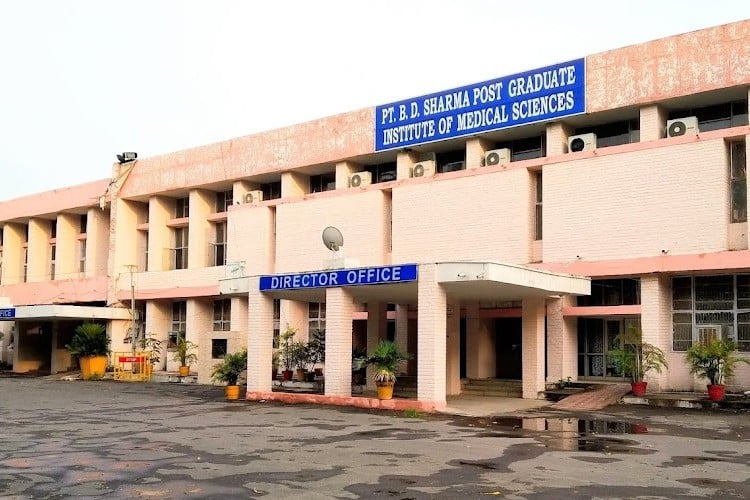
For example, 1,100 of the cured patients later returned to be tested again after receiving positive anti-HCV antibody test results, usually from routine pre-surgical blood screening or blood donations. Nobody had explained properly to them that this result merely shows that a person has lived with hepatitis C in the past, but is not an accurate marker for currently active virus in the body, and so is exactly what you would expect in someone cured of a prior HCV infection.
Another 1,500 patients returned for tests after experiencing physical symptoms they associated with their past hepatitis C–symptoms like pain, stomach problems, itchy skin or sleep disruption. Understandably, this made them fear their hepatitis C had come back.
However, of these 2,600 people who returned for tests, only 16 of them (or 0.6%) were found to have been reinfected.
“This confusion [about what antibody tests mean] causes unnecessary fear and anxiety,” Dr Malhotra told The Tribune, India, after his results were published. He proposes the name ‘Malhotra Syndrome’ for this inaccurate fear of reinfection.
Dr Vani Malhotra, second author on the paper and Professor of Obstetrics and Gynaecology at PGIMS, explained further to The Tribune that “Most patients [affected by this fear] belong to lower-income groups and often connect every future health complaint to Hepatitis C, despite full recovery from the disease. They live in constant fear that the disease has returned.”


It remains to be seen if the results of this research can be replicated in other countries and communities, with similar rates of ‘Malhotra Syndrome’ and whether different levels of health education and socioeconomic status affect how much people live with a long-term fear of the return of hepatitis C.
The PGIMS offers free testing and treatment to people from the Indian state of Haryana, as well as those from surrounding states in northern India. As of the end of 2024, the hospital has treated over 25,000 Hepatitis C and 12,000 Hepatitis B patients for free, and more than 38,000 endoscopies and 41,000 fibroscan tests have also been done free of cost to patients.
Last updated 3 September 2025
More from:
Enjoyed this article? Subscribe to be notified whenever we publish new stories.
Subscribe for Updates

